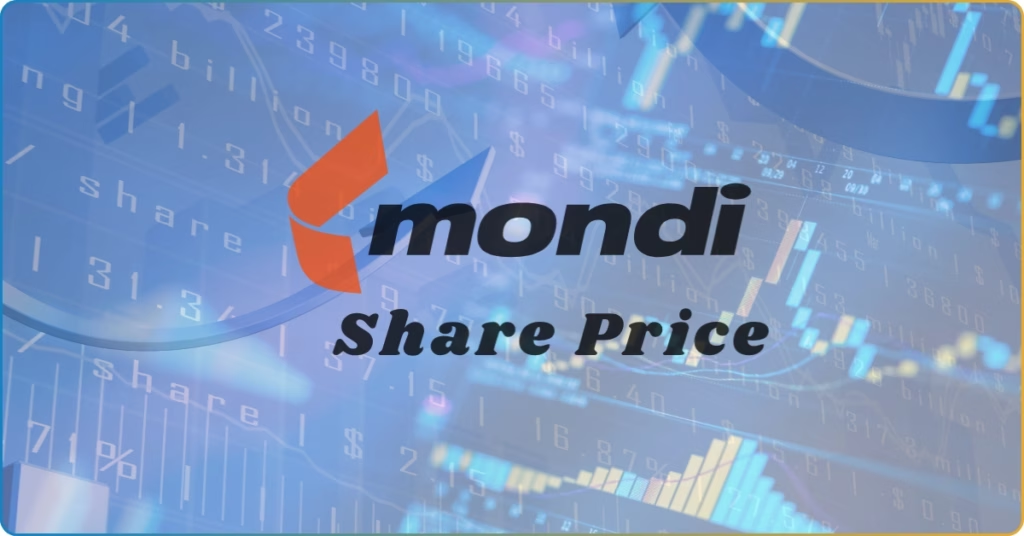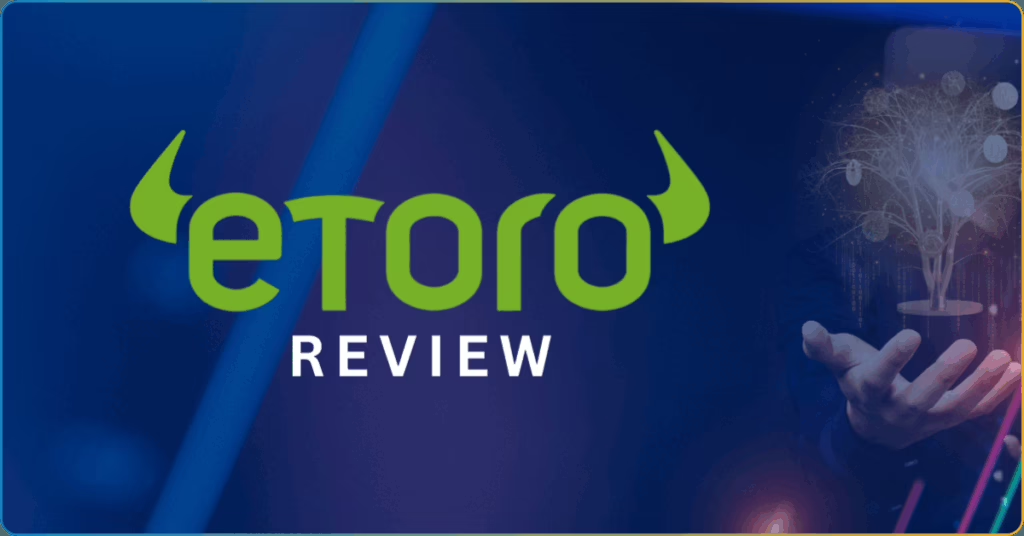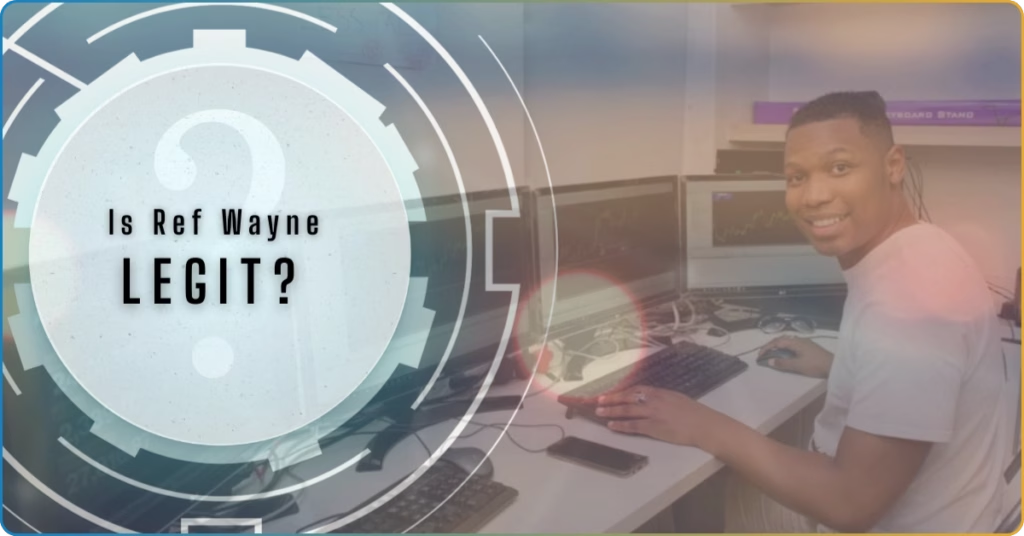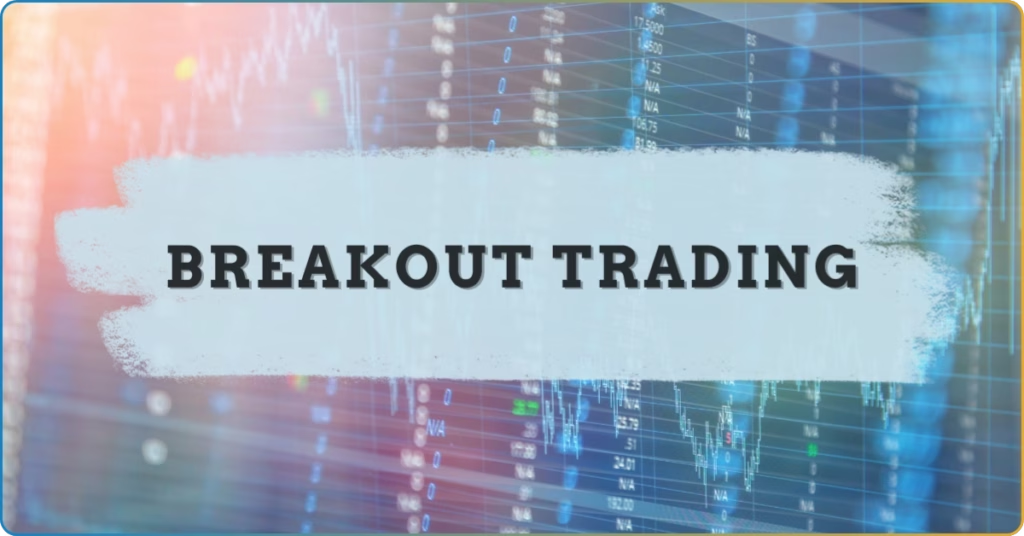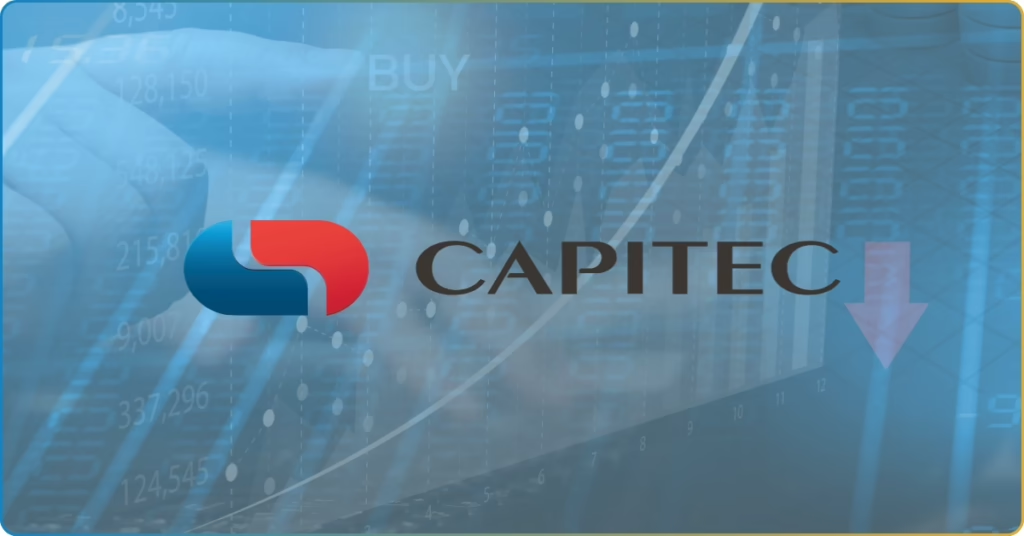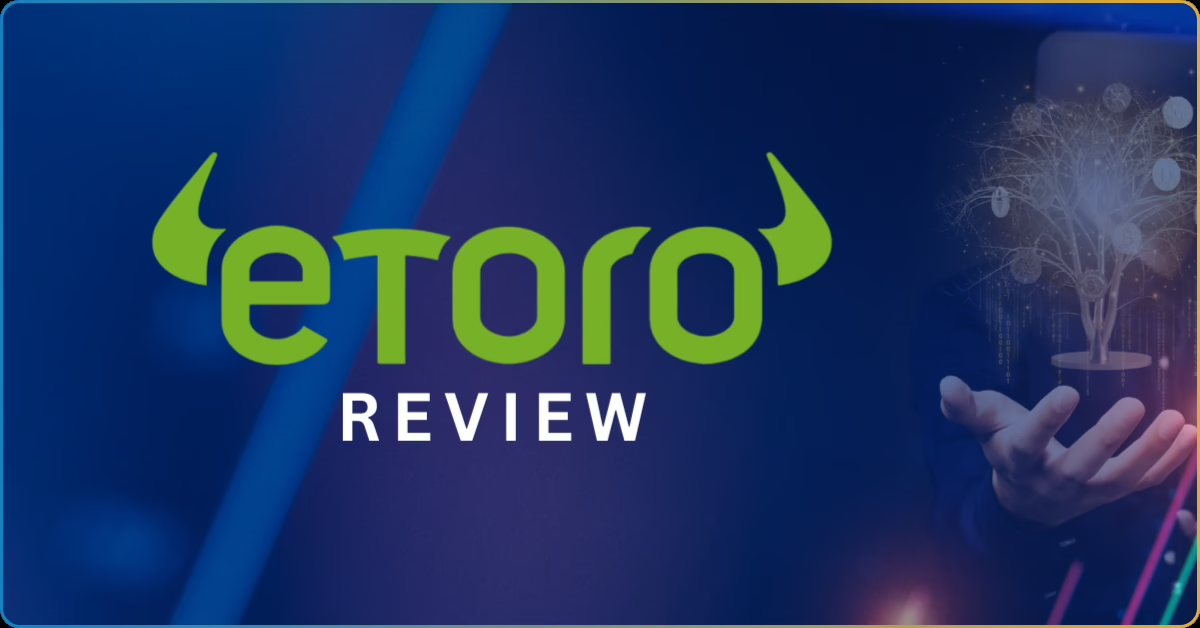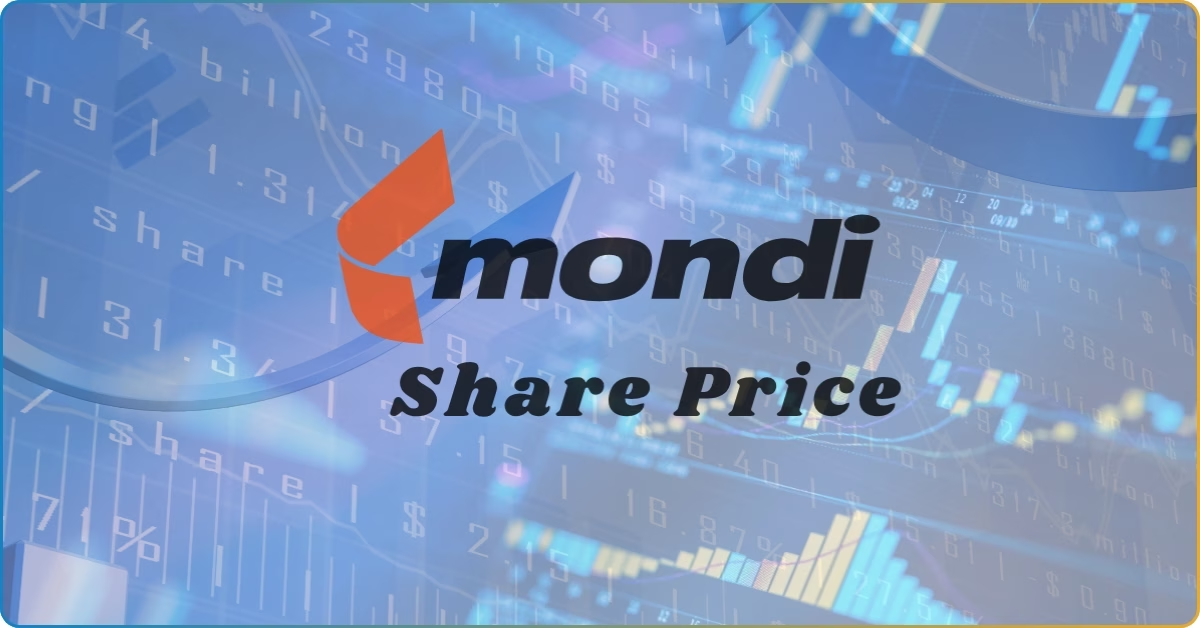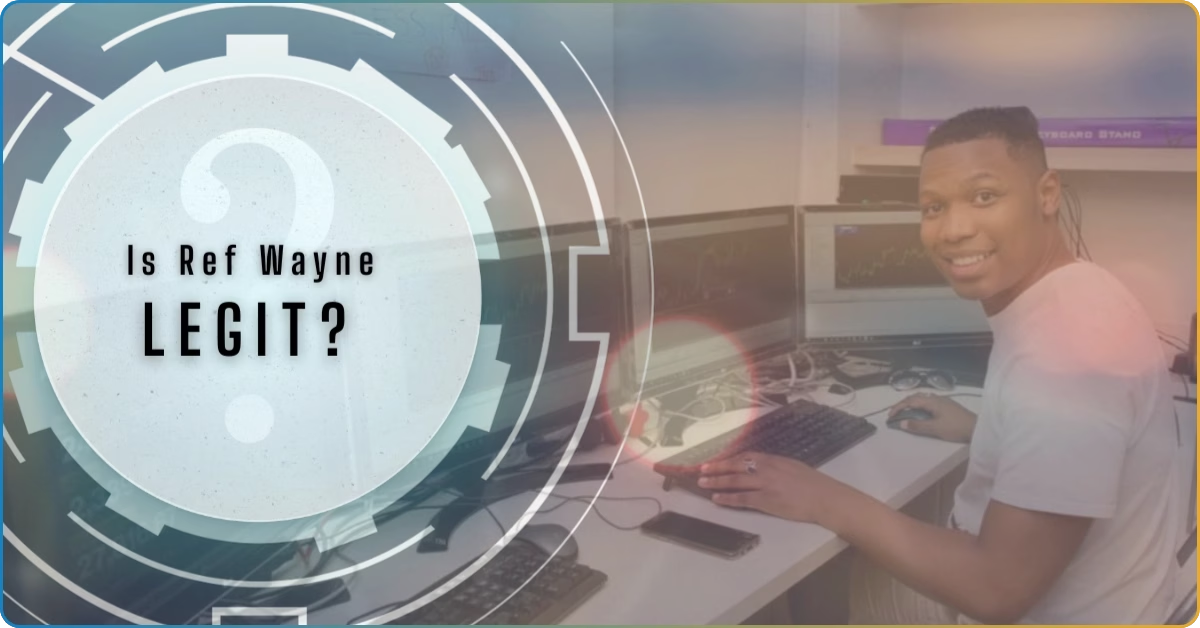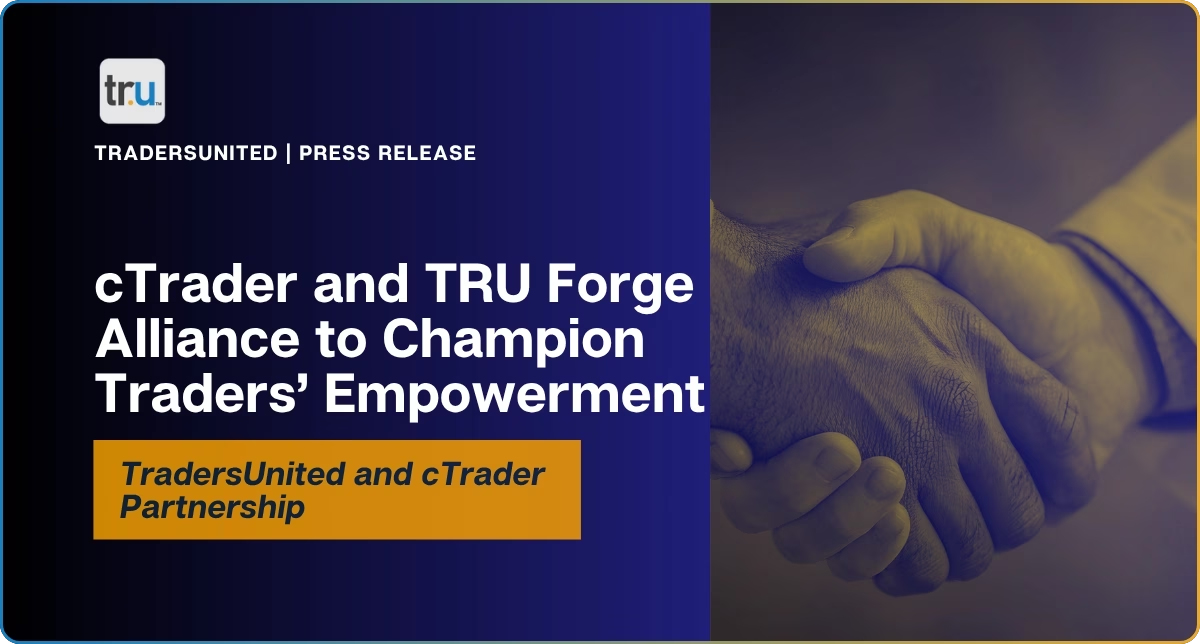People are now demanding a smoother, cost-effective, and faster cross-border payment transaction. And financial institutions are well aware of this shift.
To address this need, and ultimately remain competitive in the fast-growing financial industry, financial service providers adapt blockchain technology to facilitate or add decentralized finance features into their system.
Decentralized finance is blockchain-based, aimed to facilitate Peer-to-Peer financial system for decentralized transactions. By this, we mean a transaction that’s free from any intermediary controls like central banks and governments.
In this TRU Insight, we’ll understand the concept and functionality of Decentralized Finance (DeFi) and explore its role in the emerging, fast growing cryptocurrency market.
The Increasing Demand for Peer-to-Peer Transaction
Despite technological advancements, traditional financial institutions continue to resist change. However, this resistance has only fueled the demand for a faster, cost-effective, and more transparent financial system.
A P2P payment system enables users to transact directly without the layered processes of traditional finance. This applies to domestic bank transfers, international remittances, and startup lending services.
However, such a system is only possible with the integration of blockchain technology, which facilitates decentralized financial services.
Related: Cryptocurrency Disrupted Finance: Here’s What You Should Do in 2025
A Closer Look at Decentralized Finance (DeFi)
The success of P2P financial systems hinges on the adoption of decentralized finance (DeFi) technology.
DeFi utilizes security protocols, user connectivity, and advanced software to facilitate a P2P financial transaction. By using blockchain technology, you essentially bypass the layered traditional financial service layer by eliminating the need for intermediaries.
Blockchain
Blockchain is the foundation of decentralized finance. Operating on a public yet secure ledger, blockchain records transactions in data blocks, which are then verified through automated processes.
Various protocols ensure the security and authenticity of these transactions.
The term blockchain comes from the sequential linking of encrypted data in each block. This structure prevents duplication or fraud, ensuring the integrity of financial transactions.
Once a transaction is verified and completed, it creates a new block that maintains a cryptographic connection to the previous one—securing the entire chain.
DeFi Application
Decentralized Finance (DeFi) extends beyond simple peer-to-peer transactions, offering a wide range of financial services powered by blockchain technology.
These applications remove the need for traditional financial intermediaries, allowing users to access financial products in a secure, transparent, and decentralized manner.
DeFi applications include decentralized exchanges (DEXs), lending platforms, liquidity pools, yield farming, and even innovative financial instruments such as tokenized assets and synthetic derivatives.
As the DeFi space continues to evolve, its applications are expanding, providing users with more opportunities to transact, invest, and earn in a decentralized economy.
Use Cases of Decentralized Finance
The rise of DeFi has unlocked several use cases that challenge the conventional financial system. Here are some key areas where DeFi is making an impact:
| Integration | Benefit |
|---|---|
| Borderless Payments | Enables instant, low-cost transactions across the globe without reliance on banks. |
| Decentralized Trading | Allows users to trade assets without centralized intermediaries, ensuring better security and reduced fees. |
| Lending & Borrowing | Provides access to financial services without requiring a traditional credit history. |
| Yield Farming & Staking | Enables users to earn passive income by providing liquidity or staking assets in DeFi protocols. |
| Asset Tokenization | Converts real-world assets like real estate, art, or commodities into blockchain-based tokens for easier trading. |
| Gaming & NFTs | Integrates DeFi with digital collectibles and blockchain-based gaming economies. |
These use cases highlight the transformative potential of DeFi in redefining financial accessibility and inclusion.
Decentralized Exchanges (DEXs)
Decentralized Exchanges (DEXs) facilitate the trading of digital assets without intermediaries.
Unlike traditional exchanges, where a central authority holds funds and manages transactions, DEXs operate on smart contracts—allowing users to trade directly from their wallets.
Notably, DEXs provide increased security as users retain control over their private keys. This ulitmately reduces the risk of hacks, fraud, or unauthorized spending.
As its bypasses traditional banking processes, transacting with DEX is considered to have lower fees
Popular DEX platforms include Uniswap, SushiSwap, and PancakeSwap, each offering unique features to enhance trading experiences.
Liquidity Providers
Liquidity is essential for DeFi protocols to function efficiently. Liquidity providers (LPs) contribute assets to liquidity pools on decentralized platforms, ensuring there is sufficient capital for seamless transactions.
In return, LPs earn a share of trading fees and additional incentives through yield farming mechanisms. However, providing liquidity carries risks such as impermanent loss, where fluctuating asset values can affect overall returns.
Lending & Yield Farming
DeFi lending platforms allow users to lend and borrow assets without traditional credit checks or approval processes. Smart contracts automatically facilitate lending agreements, ensuring transparency and security.
On the other hand. yield farming takes this a step further by enabling users to earn additional rewards by providing liquidity to DeFi platforms.
These rewards come in the form of interest, governance tokens, or other incentives.
Price Speculation
Speculation is a major driving force in cryptocurrency markets, and DeFi plays a significant role in enabling traders to capitalize on price movements.
Unlike traditional financial markets, DeFi offers a range of trading tools, including:
- Margin Trading – Allows users to trade with leverage, increasing potential gains (and risks).
- Derivatives & Synthetic Assets – Enables exposure to real-world assets without owning them.
- Prediction Markets – Lets users place bets on future events, from asset prices to global elections.
DeFi-powered speculation is reshaping trading strategies, offering opportunities for both short-term and long-term market participants.
Non-Fungible Tokens (NFTs) in DeFi
Non-Fungible Tokens (NFTs) have revolutionized digital ownership by tokenizing unique assets on the blockchain.
While NFTs are widely associated with digital art, collectibles, and Play-to-Earn (P2E) games, they also have valuable applications in DeFi.
Here are the key NFT uses in DeFi:
| Integration | Benefit |
|---|---|
| Collateralization | Some DeFi platforms allow users to use NFTs as collateral for loans. |
| Fractional Ownership | NFTs can be divided into smaller, tradable shares, increasing accessibility. |
| Gaming & Metaverse Integration | NFTs represent in-game assets that hold real-world value, creating new economic models. |
By merging NFTs with DeFi, new financial models are emerging, expanding the possibilities of digital asset ownership and decentralized economies.


